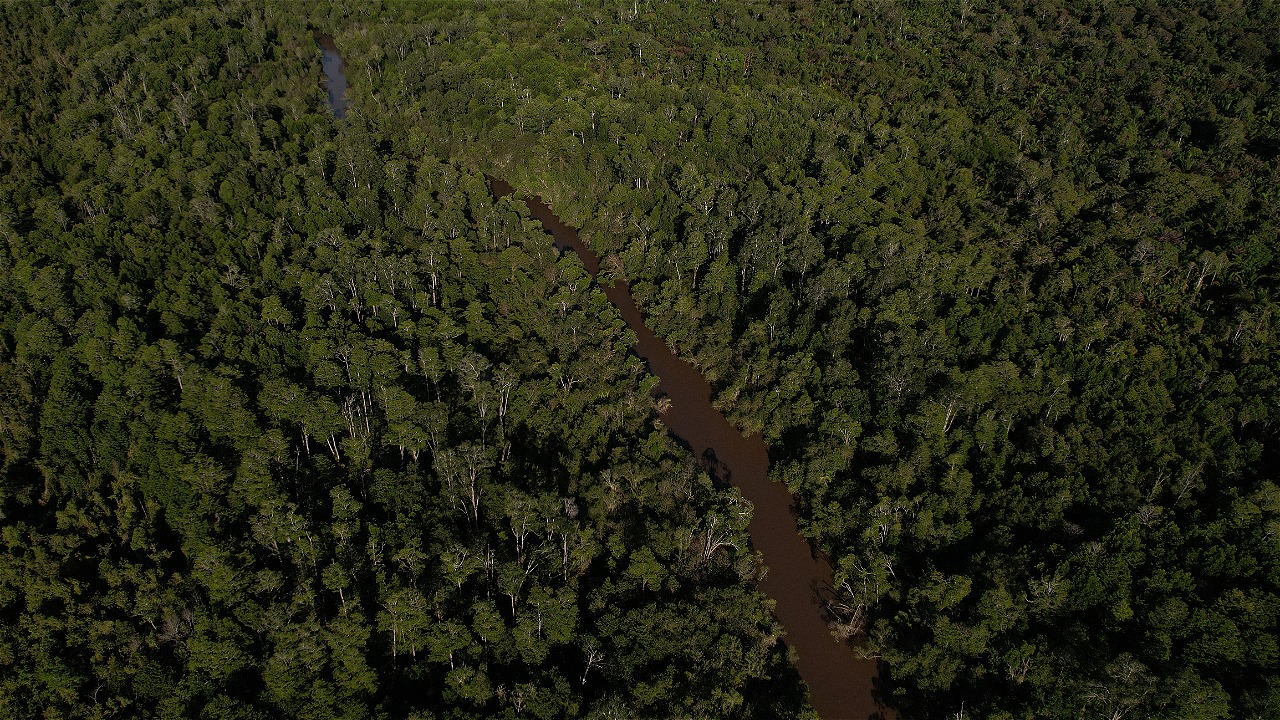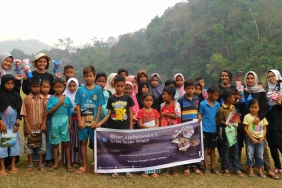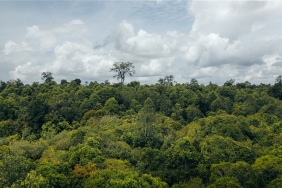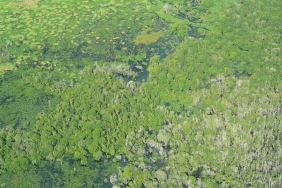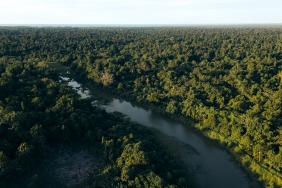WORKSHOP III LOCAL CONTENT CURRICULUM DEVELOPMENT FOR ENVIRONMENT IN MERAUKE DISTRICT
By: Blandina Isabella Patty (Communication and Environmental Education Officer WWF-Indonesia Papua Program)
Implementation of ESD (Education for Sustainable Development) in the scope of formal education carried out by WWF-Indonesia is by developing an environment-based local content curriculum. Merauke Regency is the 9th regency in the development of local content curriculum, after previously conducted in Asmat Regency, Tambrauw Regency, Teluk Wondama Regency and Nabire Regency around Cenderawasih Bay National Park, Jayapura City, Jayapura Regency, Biak Numfor Regency, and Yapen Islands Regency.
As in previous districts, the development of local content curriculum at the elementary and junior high school levels involved a number of elementary and junior high school teachers representing several schools in Merauke Regency. The process of developing this local content curriculum has reached the 3rd workshop process after the first and second workshops were held several months ago. At this stage, the development team is in the process of developing materials that have been previously mapped in the syllabus.
The 3rd workshop took place over three days (October 10-12, 2017) at Megaria Merauke Hotel. The activity was opened directly by the Regent Expert Staff. There is something interesting about this 3rd workshop stage, namely on the second day, Wednesday (11/10), the entire development team consisting of representatives of elementary and junior high school teachers in Merauke Regency conducted field visits to several locations. The field visits were carried out with the intention of obtaining the data needed to complete the material in writing the Environmental Local Content Book. Field visits in several locations were determined in accordance with environmental issues that will be integrated into the environmental local content curriculum.
The team was divided into several groups when conducting field visits. There were four groups with different visiting locations, such as Inggun Swamp and Salor Savannah; Payum Beach and Maro River; art studio and Agriculture Office; and Wasur National Park. The four field trip locations were adjusted to the needs of the material to be developed into the local content of elementary and junior high schools. Participants gathered at Hotel Megaria Merauke at 07.30 WIT. Each participant came with casual clothes and extraordinary enthusiasm. Exactly at 08.00 WIT, each group left for their respective visit locations.
Each participant made observations with several activities, such as interviewing local people regarding environmental management carried out by the community, photo documentation to complement the material content, and identifying environmental conditions to be described in student learning materials.
Wanggai, one of the participants of the local content development team of Merauke Regency felt very satisfied with the activities on the second day because he and his fellow teachers gained new experiences with WWF to see firsthand the environmental potential in Merauke. "I often vacation with my family to nature such as the beach, or Wasur National Park. But it feels different with today's field trip because we came with a different mission, which is observation," he said. Wanggai and the other teacher participants said they were very enthusiastic because they had an interesting experience. "This is interesting and very useful for us teachers because with this field trip we can be more familiar with the environmental situation in Merauke and can explain this to our students optimally because we already have knowledge and experience related to the environment in Merauke," added Salvava, another teacher.< br />
Upon arrival back at the hotel, all participants were directed by the LPMP (Education Quality Assurance Institute) Facilitator to distribute all the data they obtained in the field into a table. This was to facilitate the writing of local content learning materials. On the third day, the LPMP facilitators gave some small tasks for the teachers to improvise more on their writing. According to Ati Suciati, the facilitator of this activity, writing is not an easy matter, but if writers have the opportunity to get direct experience in the field, then they will find it easier to develop writing based on what they see in the field.
The workshop ended on (12/10) and will be continued again at the end of October. About 60-70 teachers and the accompanying team were quite satisfied with what was produced in Workshop III. In addition to gaining new experiences, they also have a sense of responsibility to convey environmental messages to students and the younger generation in Merauke Regency.

